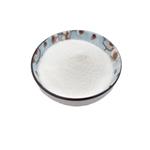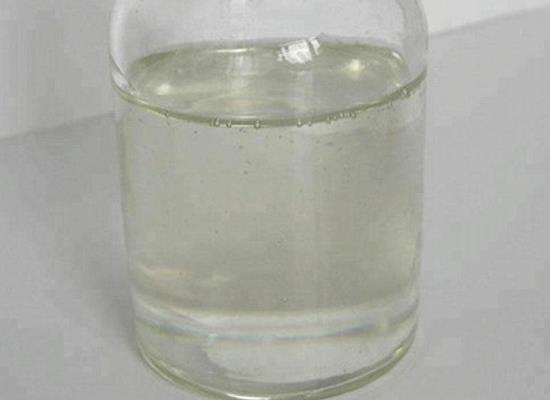Sodium Caseinate: Applications in Food Industry and its Production Method
Nov 1,2024
Description
Sodium caseinate (historically called nutrose) is a very efficient emulsifier, it has a wide variety of uses, from being a major component of cheese, to use as a food additive.

Applications in Food Industry
Sodium caseinate is about 90 percent protein. It's considered an ideal form of casein, because it can dissolve easily when mixed with a liquid.This quality makes it useful for adding to food products, both for structure, and to improve the nutritional content of low-fat dairy products. Sodium caseinate is also useful as a nutritional supplement, either in a premixed liquid protein blend, or for people who want to dissolve sodium caseinate into their own beverages and foods.1
Production Method
Sodium caseinate is a type of protein that is derived from milk. It is made by curdling milk with an acidic material or rennet to form curds and whey. The resulting curds are then treated with an alkali, such as sodium, in order to extract the casein protein. This process creates sodium caseinate, which is about 90 percent protein.;
Health hazard
Casein allergy
A small fraction of the population is allergic to casein. Casein intolerance, also known as "milk protein intolerance", is experienced when the body cannot break down the proteins of casein. The prevalence of casein allergy or intolerance ranges from 0.25 to 4.9% of young children. Numbers for older children and adults are not known. A significant portion of those on the autism spectrum have an intolerance or allergy to casein protein into adulthood. This can be used by clinicians and dietitians to spot autism in those who may not present with traditional autistic traits. A diet known as casein-free, gluten free (CFGF) is commonly practiced by these individuals after discovering their intolerance or allergy.
Reference
1. Ellen D. What Is Sodium Caseinate? Livestrong. 2022.
- Related articles
- Related Qustion
1,7-Dimethylxanthine is a naturally occurring alkaloid compound that can enhance alertness and reduce drowsiness.....
Feb 27,2025API1-Methoxy-2-propanol can be detected in urine using headspace gas chromatography, and EGSB reactors offer efficient removal of this compound in anaerobic wastewater treatment.....
May 29,2024APISodium caseinate
9005-46-3You may like
Sodium caseinate manufacturers
- Sodium Caseinate
-

- $0.00 / 1kg
- 2025-11-01
- CAS:9005-46-3
- Min. Order: 1kg
- Purity: 99%
- Supply Ability: 20MT
- Sodium caseinate
-

- $0.00 / 50G
- 2025-10-31
- CAS:9005-46-3
- Min. Order: 1G
- Purity: 98%min
- Supply Ability: 30kg/month
- Sodium caseinate
-

- $980.00/ ton
- 2025-10-29
- CAS:9005-46-3
- Min. Order: 1ton
- Purity: 99%
- Supply Ability: 5000






